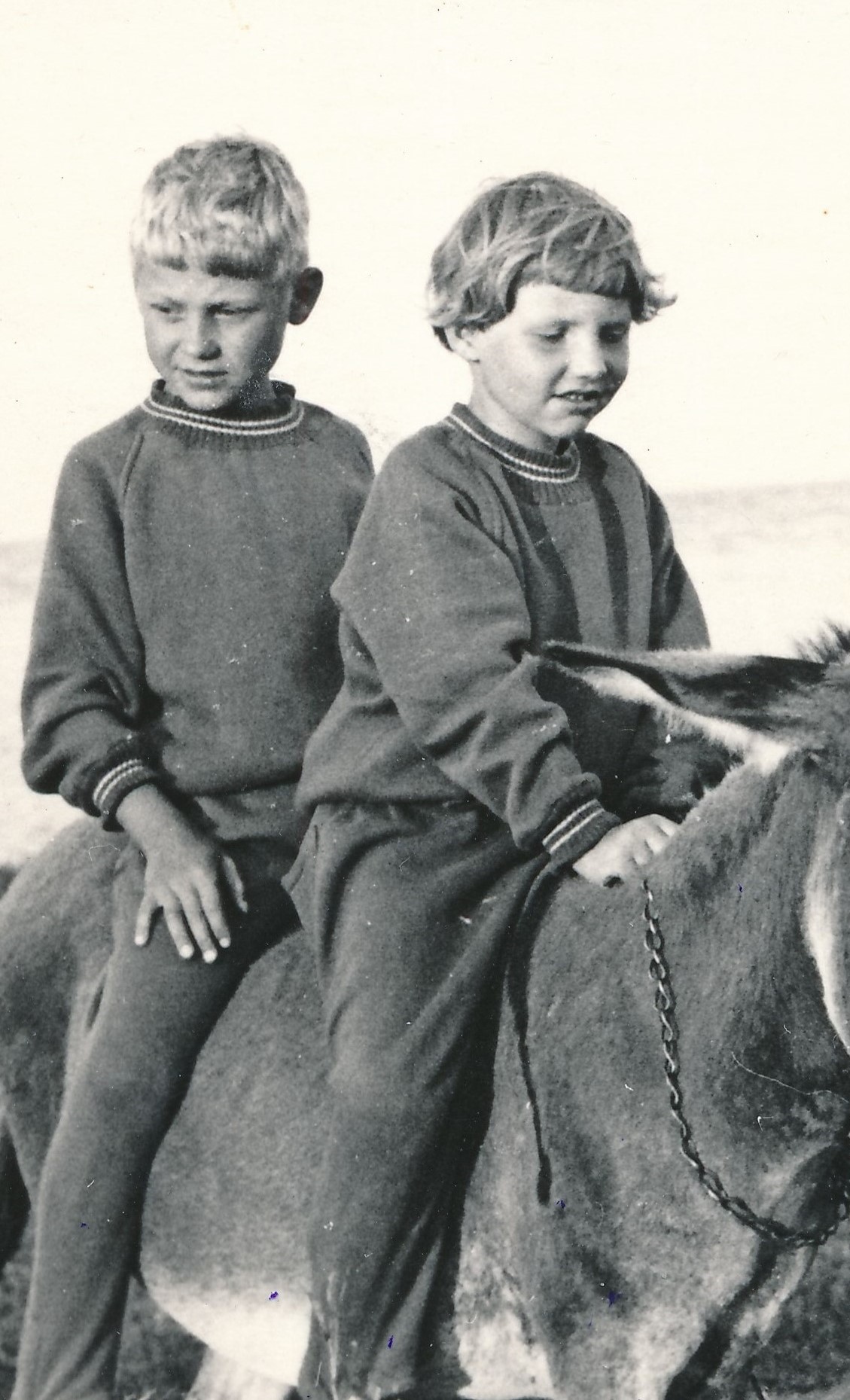My father feared he would be killed if he returned home after the occupation

Stáhnout obrázek
Peter Stuchlík was born on 25 June 1958, in Bratislava to a communist family. At the beginning of the war, his grandfather helped several Jews in the vicinity of his home village of Málince in Slovenské Rudohoří to escape. His father, Jiří Stuchlík, worked at the Vajnory military airport in Bratislava and then taught at the Military Academy in Brno. In the spring of 1968, he co-signed the Military Memorandum, which called for a separate military doctrine independent of the USSR. At the beginning of the Normalization era, he was fired from his job and expelled from the Communist Party, as was his wife. Constant interrogations at the StB and repeated arrests followed. Although Peter Stuchlík and his sister were destined for only a blue-collar job, he managed to graduate from two universities. All his life he devoted himself to research tasks in the field of chemistry and medical technology and materials. In the 1990s, he served for several years as chairman of the Porta Association, which organized a festival of folk and country music. In 2023, he lived in Brno.



